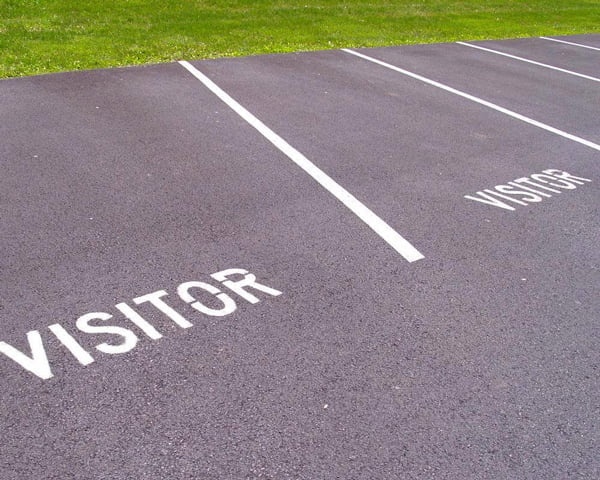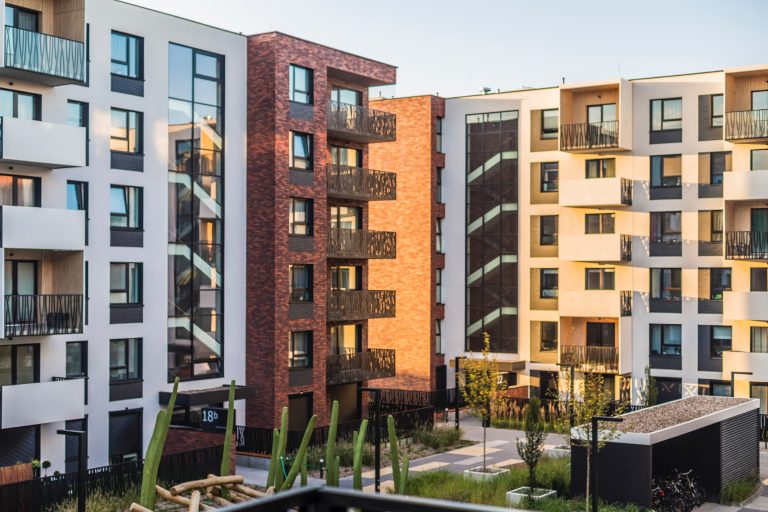New Short-term Airbnb Letting Laws

New AirBnB laws come into effect Friday 10th April 2020 by way of the insertion of a new clause 137A into the Strata Schemes Management Act, 2015 (NSW).
Essentially:
- A by-law may only prohibit a lot from being used for short-term rental accommodation if the relevant lot is not the principal place of residence of the person who ordinarily occupies the lot and is giving another person to occupy the lot; and
- A by-law that purports to prevent a lot being used for short-term rental accommodation is void if the person giving short-term rental occupation uses that lot as that person’s principal place of residence
Effectively, this means that any by-law which attempts to prohibit short term letting by a person who occupies their lot for more than 180 days of the year, will not be enforceable.
The new laws also adopt a mandatory code of conduct (which is still in draft) the key objectives of which are stated to be to:
“(a) set out the rights and obligations of short-term rental accommodation industry participants;
(b) provide for resolution of disputes and complaints concerning the conduct of short-term
rental accommodation industry participants;
(c) outline the compliance and enforcement approach that applies for contraventions of the
code by short-term rental accommodation industry participants; and
(d) facilitate the oversight of the short-term rental accommodation industry”.
The draft Code imposes the requirement for considerate and neighbourly conduct on guests who must adhere to the by-laws applicable to the scheme and refrain from engaging in noisy, destructive, violent etc behaviour.
The draft Code also includes disciplinary action upon receipt of complaints, which may include:
- the issuance of a “strike notice”. If a guest or host receives two “strike notices” then they will be included on an exclusion register maintained by the Commissioner; or
- the issuance of a written direction requiring the host to stop acting in a particular way,
but, the Commissioner retains the right to dismiss complaints which are frivolous, vexatious, trivial, misconceived or without substance.
In terms of an Owners Corporation’s rights to make complaints for a host or guest’s breach of by-laws, unfortunately, the Commissioner cannot accept such a complaint unless NCAT has already made orders for a financial penalty for the contravention of the by-law. Further, the Commissioner may only take action against a participant, if it is satisfied that it is necessary to protect the public or the code’s integrity.
Importantly, the amendments state that they do not of themselves authorise the use of residential premises for the purposes of short-term rental accommodation if that use is prohibited by an environmental planning instrument.
We recommend to all our valued clients, that you review your current short-term letting by-law (if any) and in case it contravenes the new requirements, repeal it and pass a compliant one in its stead. Premium Strata has service providers who are willing to provide bulk discounts to us to ensure all our clients have enforceable short-term letting by-laws.
Have a question or something to add to the article? Leave a comment below.








